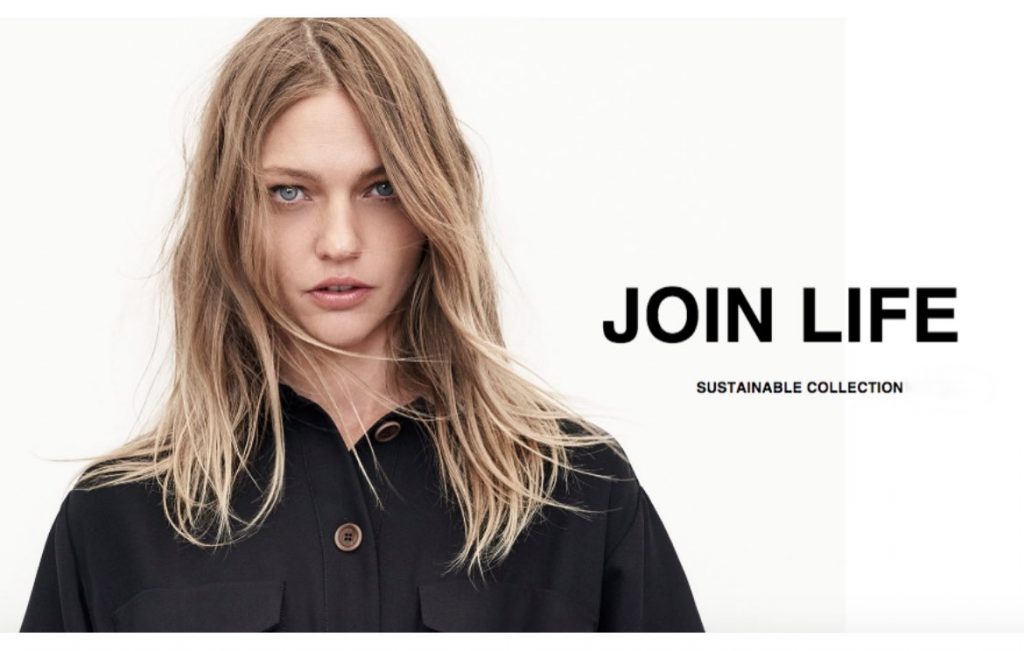A proposed class action over the marketing of “sustainable” seafood has more takeaways for fashion brands than meets the eye. In a memorandum opinion and order issued last month, a federal court in Illinois refused to toss out a case lodged against ALDI for allegedly engaging in a scheme to “falsely and deceptively market” its salmon as sustainably sourced despite such products coming from farms that utilize “environmentally destructive and unsustainable practices.” In its May 17 order, the court found that plaintiff Jessica Rawson, who filed suit against ALDI in May 2021, sufficiently pled her false advertising, breach of state consumer protection statute, and breach of express warranty claims, while the supermarket chain failed to persuade the court with arguments in its defense.
Siding largely with Rawson, Judge Jorge L. Alonso of the U.S. District Court for the Northern District of Illinois shot down the bulk of ALDI’s defenses, including its argument that the “Simple. Sustainable. Seafood.” claim is merely puffery. Seeking to escape liability under New York General Business Law, ALDI argues that Rawson’s deceptive business acts and false advertising claims fail, as its “Simple. Sustainable. Seafood.” label is not misleading when read in conjunction with a separate “Best Aquaculture Practices” certification label that appears on the same product packaging. (According to ALDI, the Best Aquaculture Practices designation “reflects that the product has been certified as sourced in accordance with the best aquaculture practices by an independent third-party, Global Seafood Alliance.”)
Beyond that, ALDI also contends that “Simple. Sustainable. Seafood.” constitutes non-actionable puffery; that the consumer perception publications Rawson cites (which assert that a reasonable consumer might interpret “sustainable” to mean produced according to higher animal welfare standards) say nothing about ALDI’s label; and that Rawson fails to allege a cognizable injury, thereby, standing in the way of her making plausible claims.
The court disagreed, primarily finding that a reasonable consumer viewing ALDI’s packaging “might very well fail to connect the Best Aquaculture Practices certification label with ALDI’s sustainable representation” due to the differing appearance and positioning of the two labels on the salmon products, and even if consumers do read the two labels in concert, the court stated that a reasonable consumer “might not know what the Best Aquaculture Practices label means, much less know how it relates to ALDI’s claim of sustainability.” As such, the third-party certification logo failed to substantiate ALDI’s “sustainable” claim in the eyes of the court.
As for ALDI’s puffery argument, the court “disagrees, at this stage, that ALDI’s label constitutes non-actionable puffery.” Not merely an example of “an exaggeration or overstatement expressed in broad, vague, and commendatory language,” Judge Alonso held that ALDI’s “Simple. Sustainable. Seafood.” claim “attempts to connect its product to at least some environmental benefit.” As a result, he stated that “a reasonable inference can be made that ALDI’s label suggests, at a minimum, that its product is made in such a way that minimizes negative impact to the environment, which can be actionable as something beyond puffery.”
The court further noted that the Federal Trade Commission (“FTC”)’s Guides for the Use of Environmental Marketing Claims, which require marketers to be “responsible for substantiating consumers’ reasonable understanding” of “sustainability” claims, support this conclusion.
Turning to ALDI’s argument that Rawson has failed to allege injury, Judge Alonso stated that “ALDI advertised its product as having a unique quality – sustainability – that Rawson paid more for.” It is enough, according to the court, that Rawson alleges that she paid a premium for what she believed was a sustainably sourced product, which enables her to “go beyond merely alleging that she would not have bought the product absent the allegedly deceptive practice.”
With the foregoing in mind, the court determined that Rawson has sufficiently made her deceptive business acts and false advertising claims, as well as her breach of express warranty claim, despite ALDI’s argument (to the latter claim) that the sustainability-centric representation is “not material to a reasonable consumer when read in context.”
Reflecting on the court’s refusal to grant ALDI’s motion to dismiss, Kilpatrick Townsend & Stockton LLP’s Barry Benjamin and Bryan Wolin say that companies that are considering including “sustainability” claims in their advertising would be wise to “follow the guidance set forth in the FTC’s Green Guides because courts will reference or rely on the Guides when considering green claims,” and to refrain from making “unqualified, broad eco-friendly claims, [as] reasonable consumers will (according to the FTC and the courts) infer a strong, broad, generalized environmental benefit claim that is not intended to be implied, and which is not substantiated.” Additionally, when using third-party certifications to substantiate claims, they encourage brands to make sure that “those certifications are clearly connected to the claim, with no extra content separating them,” and that when necessary, provide “additional explanations to support sustainability claims” in the event that they are relying on “lesser or unknown third-party certifications.” And still yet, the court makes clear that brands looking to make use of sustainability-focused marketing should remember that an unqualified “sustainable” claim is not puffery.
The case comes amid a boom in sustainability-focused endeavors by brands looking to cater to eco-conscious consumers, complete with a proliferation of misleading “sustainable” marketing – from consumer-facing ads (complete with sustainability-inspired logos) to language in investor filings. To date, brands have largely been able to avoid litigation and regulatory action in response to potentially misleading sustainability and broader ESG claims. However, a growing number of lawsuits (this one, included) and rising attention from regulators across the globe is increasing the risk for brands that are promoting products and services as “eco-friendly” without being able to substantiate such claims.
The case is Jessica Rawson v. ALDI, Inc., 1:21-cv-02811 (N.D.Ill.)











